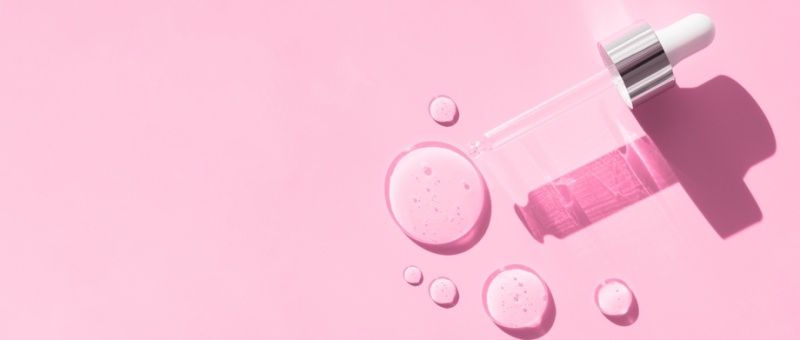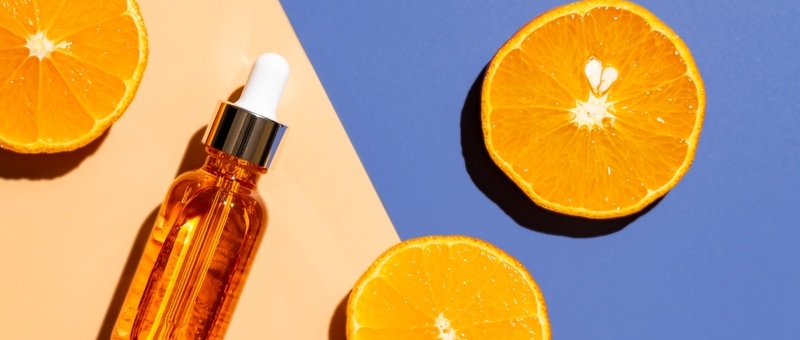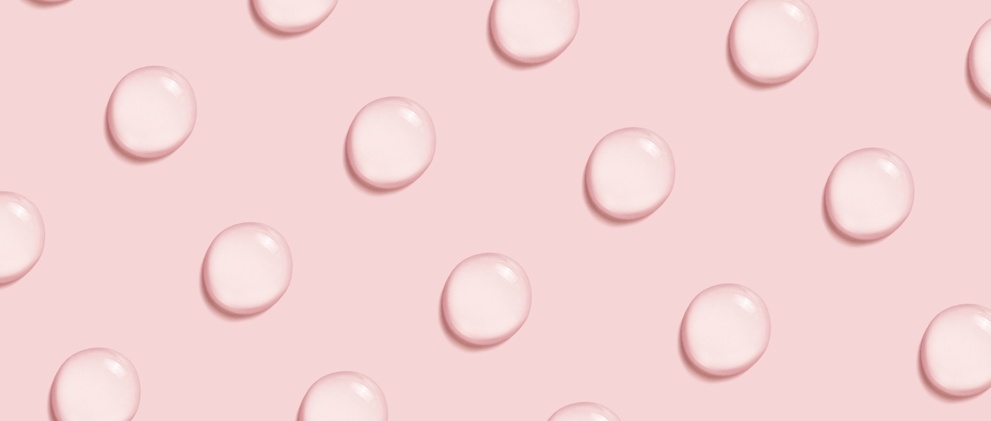
Retinol: skincare benefits, side effects and more
Peer reviewed by Dr Colin Tidy, MRCGPLast updated by Lynn StephenLast updated 22 Oct 2025
Meets Patient’s editorial guidelines
- DownloadDownload
- Share
- Language
- Discussion
Whatever your age, if you've ever thought about skincare, you've probably heard of retinol. But if you're unsure exactly what it is - or why you might need to know - you're not alone. To confuse matters, the term 'retinol' is used in similar contexts as 'retinoid' and 'retinoic acid' among others.
Here's an overview of retinol, its benefits for the skin and things to think about before adding it to your skincare routine.
In this article:
Video picks for Skincare
Continue reading below
What is retinol?
In simple terms, retinol is a form of vitamin A. It belongs to a group of chemicals called retinoids, which are all related to and have similar effects on the body to vitamin A.
We need vitamin A - just like we do other nutrients - for several reasons. It contributes to good eyesight, a strong immune system, and healthy skin.
Because our bodies don't make vitamin A, we need to get it from somewhere. In the diet, it's found in foods such as liver, milk, and eggs, but it's also popular as an oral supplement as well a component of topical creams and serums.
Is retinol good for skin?
Back to contentsDr Catherine Borysiewicz, consultant dermatologist at the King Edward VII Hospital, explains that vitamin A and its by-products have been hailed as hero ingredients in skincare for many years.
She says: "Retinol was first used in skincare products in the 1980s, but its use in helping as an anti-ageing ingredient was first reported in medical literature in 1995.
"Nowadays, retinol and retinoids are often recommended by dermatologists to address a number of common skin conditions, including acne, excessive oil production and ageing of the skin."
As it's a weaker form of vitamin A, retinol is available in over-the-counter creams and serums aimed at targeting dark spots and the signs of ageing, but it's unlikely to be effective for treating acne scars.
Borysiewicz adds that retinoid products used in the management of severe nodulocystic acne have a deeper penetration than over-the-counter prescription retinols.
Continue reading below
What does retinol do?
Back to contentsRetinol has several benefits for different skin types. It has antioxidant properties, meaning it helps to neutralise molecules called free radicals, which are produced when the skin is exposed to harmful environmental factors, such as pollution and ultraviolet radiation from the sun.
Free radicals damage the skin by breaking down collagen, a protein that gives skin its elasticity and plumpness. When collagen is damaged, it manifests in fine lines, wrinkles, and loose, saggy skin.
Borysiewicz explains: "Applying a retinol-containing product to the skin prompts thickening of the outermost layer of your skin (epidermal layer), and stimulates collagen production."
As a result, the skin has a firmer structure, and lines and wrinkles appear reduced.
Retinol also increases skin cell turnover, removing old, dead skin cells and replacing them with new, healthy cells.
How to use retinol
Back to contentsAs an added 'active' ingredient in skincare products such as creams and serums, retinol is available in different strengths. The higher the concentration, the more potent its effects.
It can be tempting to go all out and start off with a high-strength product in hope of turning back the clock. But it can cause irritation, redness, and dryness, so if you're incorporating retinol into your skincare regime, it's best to start low - the lowest-available concentration is 0.3% retinol - and build up your skin's tolerance.
Borysiewicz says: "A personal tip is to gradually increase the time the retinol is on your skin to limit irritation, which I call 'short contact' treatment."
She recommends for the first two weeks applying the retinol to cleansed skin and leaving it for an hour or two, before rinsing with water and using a moisturiser. After two weeks of this approach, the skin gradually gets used to the retinol. This reduces the chance of irritation.
Another way of allowing your skin to adjust is to apply a retinol cream or serum a few times a week, then increase to every other day and build up to everyday use. If severe irritation or dryness occurs, Borysiewicz adds, it's important to stop using the product immediately.
When to use retinol serum
Retinol can initially make your skin more sensitive to the sun's harmful UV radiation, and in turn, sunlight renders retinol inactive. For those reasons, it should be used at night - with broad-spectrum, high SPF sunscreen an essential part of your skincare routine every morning.
Continue reading below
Is retinol safe?
Back to contentsHaving been the subject of a lot of hype, retinol is seen by many as the silver bullet of skincare. But is it too good to be true and, crucially, is it safe for long-term use?
Borysiewicz says: "Like most medical and beauty treatments, retinol isn't without side effects and as the concentration and dose of retinol increases, so does the likelihood of side effects, including retinoid dermatitis."
She explains: "This typically presents with redness and multiple small bumps in the skin, creating a rough and uneven texture - similar in texture and appearance to sandpaper.
"Sensitive sites such as around the mouth and eyes can be more susceptible to these reactions. The rash can be sore, dry, and peeling."
As well as the symptoms associated with retinoid dermatitis, retinol can cause general redness, inflammation, and itching. But more severe reactions - such as retinoid purge, where spots are brought to the skin's surface and worsen in the initial stages of acne treatment - are usually only seen with prescription-strength retinoids.
Overall, however, retinol has been demonstrated to be safe as well as effective in studies.
Can I use retinol while pregnant?
Pregnant, and breastfeeding people should not use retinol and if you have particularly sensitive skin, it's best to speak to a dermatologist first.
Can you use other skincare ingredients with retinol?
Back to contentsYou can mitigate the likelihood of unwanted symptoms and boost retinol's beneficial effects by choosing other skincare products that complement rather than clash with retinol.
Borysiewicz advises that you look at your skincare products - your cleansers and moisturisers - and make sure they are gentle and hydrating.
Can you use vitamin C with retinol?
If you also use topical vitamin C in your skincare routine, it's best not to mix it with a retinol product since they tend to have different pH levels. Applying them at the same time therefore makes both less effective. A solution is to use vitamin C in the morning and retinol at night.
Can you use hyaluronic acid with retinol?
Retinol can be used safely and effectively alongside some other popular active skincare ingredients, including hyaluronic acid and niacinamide, but some other combinations require caution.
Can you use retinol with AHAs?
Borysiewicz advises that if you are starting a retinol, it might not mix well with other active ingredients such as alpha hydroxy acid (AHA) and beta hydroxy acid (BHA). AHAs and BHAs are exfoliants, so there's a chance they could increase retinol-induced irritation on sensitive skins.
The take-home message is that retinol is a popular addition to any anti-ageing protocol, and it can be incorporated into most skincare regimes without issues. If you are in any doubt or have specific concerns that you're unsure how to treat, ask a dermatologist for advice.
Patient picks for Skincare

Skin, nail and hair health
What does vitamin C serum do?
A good quality vitamin C serum can be a great addition to your skincare routine. With so many on the market, here's how to pick one with the most effective, scientifically-backed ingredients.
by Victoria Raw

Skin, nail and hair health
Hyaluronic acid: skincare benefits, side effects and more
If you're looking to add a serious shot of hydration into your skincare routine, look no further than hyaluronic acid. Unlike other skincare acids, this substance doesn't exfoliate but instead draws in moisture, keeping your skin protected while appearing more youthful.
by Lynn Stephen
Continue reading below
Article history
The information on this page is peer reviewed by qualified clinicians.
Next review due: 22 Oct 2028
22 Oct 2025 | Latest version
28 Jun 2022 | Originally published
Authored by:
Allie Anderson

Ask, share, connect.
Browse discussions, ask questions, and share experiences across hundreds of health topics.

Feeling unwell?
Assess your symptoms online for free
Sign up to the Patient newsletter
Your weekly dose of clear, trustworthy health advice - written to help you feel informed, confident and in control.
By subscribing you accept our Privacy Policy. You can unsubscribe at any time. We never sell your data.